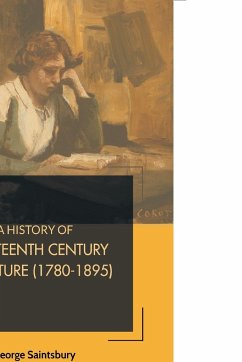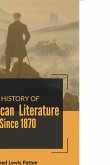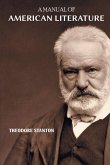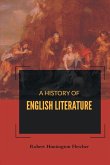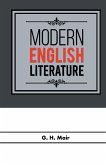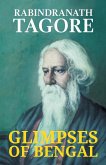In the execution of the present task some difficulties occurred which did not present themselves to the author when he undertook the volume of Elizabethan Literature, or to his immediate predecessor in grappling with the period between 1660 and 1780.To provide room for the greater press of material, it was necessary to make some slight changes of omission in the scheme of the earlier volumes. It seemed not necessary to take up room with the bibliographical index, as this would have had to be gre
Bitte wählen Sie Ihr Anliegen aus.
Rechnungen
Retourenschein anfordern
Bestellstatus
Storno

